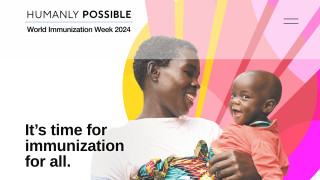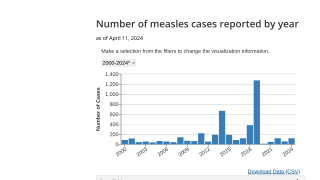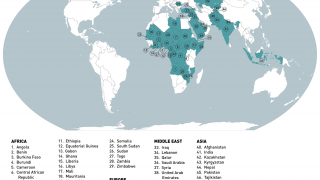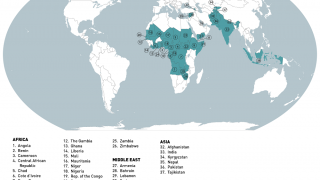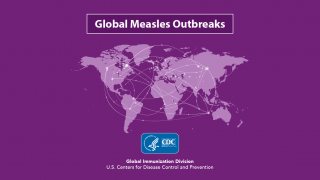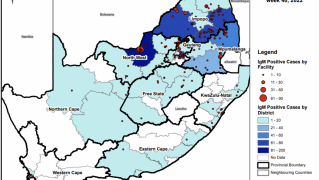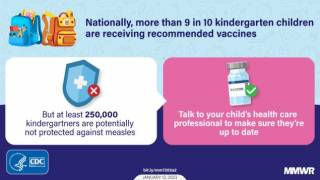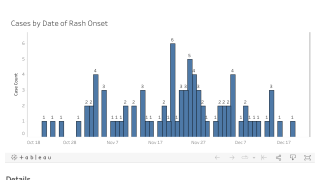Is the Measles Virus Flying With You?

In the United States, most of the confirmed measles cases were related to international travelers.
According to the Centers for Disease Control and Prevention (CDC), over 75 percent of the USA’s measles cases during 2019 were related to just a few international travelers.
Measles is so contagious that if 1 person has it, up to 90 percent of the people close to that person who are not immune will also become infected, says the CDC.
This warning applies during airplane travel, too.
The good news is that passengers can reduce the risk of catching a virus in-flight through seating preferences.
A previous study of 10 transcontinental flights found that if a person is sitting within 2 rows of a sick person, there is a higher probability of catching their respiratory illness.
This means if a coughing passenger is seated in the same row, directly in front of, or behind you, the odds are not in your favor.
To hopefully reduce measles outbreaks in the USA related to international travelers, the CDC issued a worldwide measles virus Travel Alert in June 2019.
This CDC travel alert says ‘Before you travel internationally, regardless of where you are going, make sure you are protected fully against measles. If you are not sure, see your healthcare provider at least 1 month before your scheduled departure.’
Listed below are just a few of the recent travel alerts related to domestic measles exposures:
- Charlotte - 10/15
- Philadelphia - 10/11
- Montreal - 10/01
- Rochester - 9/26
- Los Angeles (LAX) - 9/25
- Newark - 6/18
- Virginia (Dulles) - 6/6
- Dallas (DFW) - 5/23
- Pittsburg - 5/2
- Los Angeles (LAX) - 4/19
- Long Beach, CA - 4/7
Caused by a highly contagious virus, measles is a disease that spreads from person to person by breathing, coughing, or sneezing. Signs and symptoms of measles include rash, high fever, a cough, runny nose, and red, watery eyes. People can spread measles up to 4 days before and 4 days after they have a rash.
>> Check your measles immunity <<
Measles can lead to serious complications, such as pneumonia and even death, says the CDC.
Be sure you and your travel companions (infants 6 months of age and older, children, and adults) are protected fully against measles before leaving the United States.
Vaccination with a measles-containing vaccine is one way to make sure you are protected against measles.
If you and your travel companions have received 2 doses of a measles-containing vaccine, you have sufficient protection against the disease. You do not need any additional measles vaccines, says the CDC.
You are also protected against measles if you have laboratory evidence of immunity, laboratory confirmation of measles disease, or if you were born before 1957.
If you are not sure if you or your travel companions are protected fully against measles, schedule an appointment to see your healthcare provider at least one month before traveling internationally.
Certain groups of people should not get measles-containing vaccines. If you or a travel companion cannot safely receive these vaccines, talk to your doctor and consider making alternative travel plans.
The CDC says measles can be prevented with 2 doses of the MMR-II vaccine.
And, children have the option of getting the Proquad vaccine, which protects against measles, mumps, rubella, and varicella.
These measles vaccines are available at most pharmacies in the USA.
As a general notice, the CDC says ‘any vaccine can cause a side effect, which should be reported to a healthcare provider, or to the CDC.’
International Measles news is published by Vax-Before-Travel
Our Trust Standards: Medical Advisory Committee



